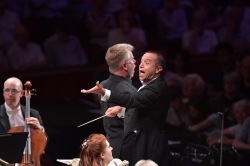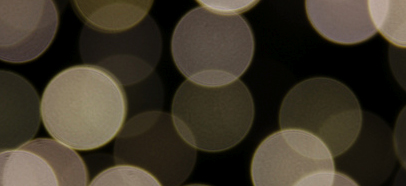BBC Proms 2016 / 11: Walküre and Tippett’s Child of our Time

Writing about Wagner or choral works are a bit of a nightmare.
You need to know the works inside out so you can reference the various signposts in what you’re writing about. If there aren’t any signposts then everything just presents itself as a bit of an amorphous blob.
Fortunately, there is another way to talk about tonight’s Prom: by using the emotions the music triggered in me. And at various those emotions were unexpected, sometimes indescribable, but all of them exquisite.
The final scene of Die Walküre, the first half of tonight’s Prom felt familiar, reassuring and still gratifyingly rich. A lot of that is down to the tremendous introduction I had to the work in Budapest earlier this year. A special time.
Tonight’s performance of the last scene of Die Walküre by the BBC National Orchestra of Wales under Mark Wigglesworth gave me the chance not only to revisit happy memories but also to go deeper with the music.
And as I did so, I overlooked the promised conclusion implicit in Wagner’s writing: that much-needed nearly understated climax that creeps up on you unexpected and gives you the release you hadn’t realised I needed.
Wagner’s music is now fast becoming a drug. I don’t think I’ll ever tire of it.
Tippett’s The Child of Our Time was a moving experience. There was a bleakness to his writing – a surprising lushness to his scoring too. I expected him to be more like Britten. Now I’ve had an introduction to Tippett’s seminal work, I’m now wishing Britten had had the balls to be more daring in his writing. My childhood hero now seems a little tame in comparison.
My overwhelming impression of the work is how unexpectedly timely it felt. There is a realism to it which is neither over-indulgent nor superficial.
Its origins – inspired by a pre-WW2 shooting of a Naxi diplomat by a Jew – might at first seem dated. But the universal messages – a grim struggle between the horrors of reality and a vague sense of hope – still resonate today. It’s music which doesn’t have the answers, but explains reality in such a way you can reconcile yourself with it. At least that’s how I heard. And I was grateful for it too.
That experience of hearing it for the first time makes Child of Our Time an incredibly important composition for me as a listener. And judging by the warm prolonged applause in the hall tonight, a lot of that was down to the BBC National Orchestra and Chorus of Wales.

